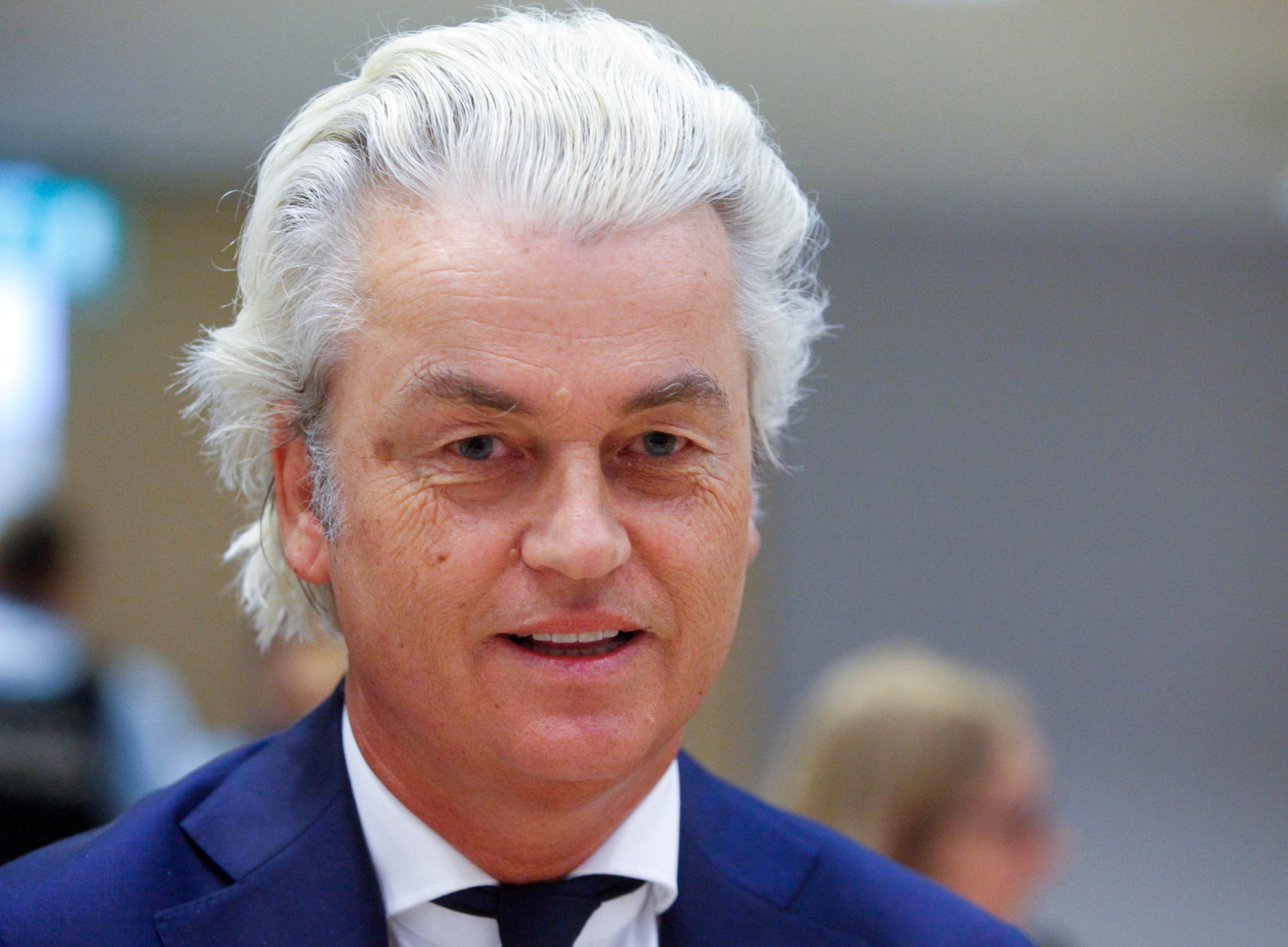A Dutch court recently upheld the conviction of politician Geert Wilders for supposedly insulting Moroccans in comments he made at an election rally in 2014.
Logg inn for å lese videre (abonnenter).
Støtt uavhengige nyheter!
Bli abonnentPluss-artikler blir åpnet 24 timer etter publisering. Artikler som er eldre enn to år er forbeholdt abonnenter.






